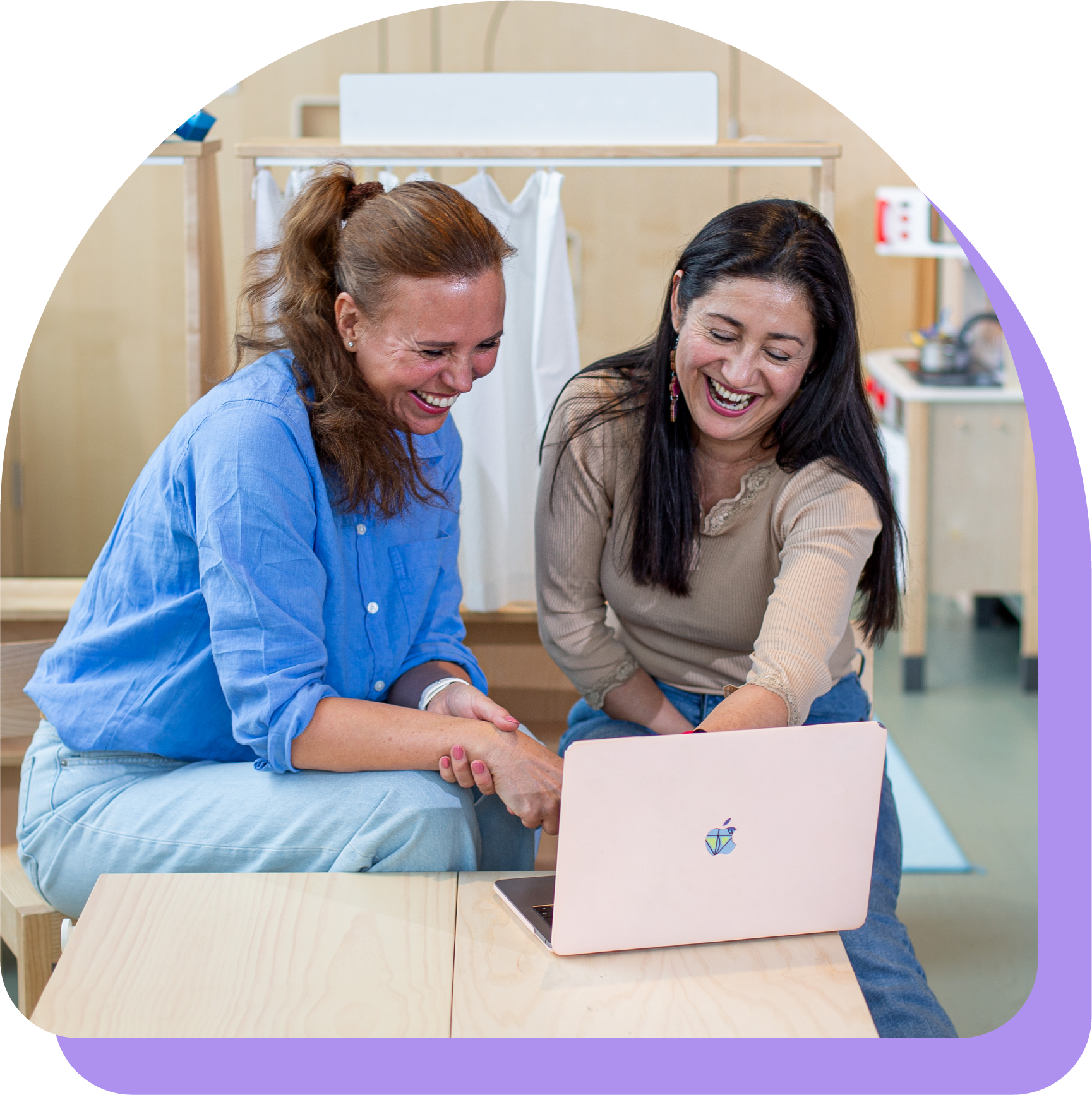Kide Science Expands in the U.S.: Leading the Way with Proven Impact
It’s no secret that most edtech products are built first and only backed by research later—if at all. While this approach can sometimes lead to success, the most impactful and enduring innovations often come from deep academic roots. Finland, despite its small size, has become a surprising powerhouse in this space, producing a number of research-driven edtech success stories.
Research at its core
One standout example is Kide Science, a company born from academic research that has grown to reach over 1 million children in 32 countries. Recently acquired by Accelerate Learning—the leading provider of preK–12 STEM curricula—Kide Science has also expanded early childhood STEM education to the USA, meeting the rising demand for quality learning in the early years.
Kide is known for its unique, evidence-based approach to early science education. Its teaching approach is grounded in the research of the company’s founder Dr. Jenni Vartiainen. Dr Vartiainen’s idea was simple: to bring play-based science education into everyday practice. Based on sociocultural learning theory, the product focuses on building skills by connecting prior knowledge to new situations. This approach offers an alternative to traditional science education, which often emphasizes facts over skills. Key features include inquiry-based learning, learning through play, and using storytelling and role-play to create meaningful learning contexts.
Play-based learning and teacher training
Kide Science is essentially a library of play and story-based lesson plans and professional development materials for teachers of 3-8 year olds. Set in the imaginary world of Supraland, lessons begin with a character's request for help and end with children reporting their findings, encouraging engagement and self-identification through playful storytelling.
Kide Science offers flexible teacher training—both online and onsite—designed to support child-centered teaching focused on thinking, collaboration, and problem-solving. Training is integrated into the lesson plans, delivered in short, manageable segments, and supported by a learning community and access to the Kide team, with basic training taking around 20 hours.
Copyright: KiDe by Accelerate, 2025
The evaluation study
While Kide Science’s approach is grounded in the founder’s own research, what does independent research say about its effectiveness? To answer this, Kide commissioned an evaluation by external researchers, recognizing the importance of unbiased, third-party insights. In collaboration with the International Centre for EdTech Impact and LXD Research, an evaluation was conducted to assess Kide’s adoption and impact in the U.S. The study followed ESSA guidelines and met the rigorous standards of the What Works Clearinghouse 5.0.
The evaluation study looked at 982 kindergarten students in Georgia to see how using Kide Science in classrooms compared to regular teaching methods. Students were assessed at the beginning and end of the school year to track their learning progress.
The study found that Kide Science was mostly used as an extra activity, with only some teachers using it weekly or every other week. Children who started the year ready for kindergarten and had teachers who used Kide often showed better improvement in understanding stories and kept their math and communication skills from slipping. Kids who weren’t quite ready for kindergarten also seemed to benefit, especially in spelling, when their teachers used Kide regularly. Teachers reported that the lessons sparked students’ enthusiasm for science and encouraged the use of more academic language in everyday conversation, though finding time in the schedule was a common issue.
Overall, the results showed that kids in classrooms where teachers used Kide often were less likely to fall behind in important learning skills. This suggests that regular use of Kide helps protect against learning loss.
The study was finalised in April 2025 and will be published in a report. Kide Science also receives ESSA certifications (ESSA IV and ESSA III) and the EduEvidence certifications (Bronze and Silver Efficacy). Congratulations to Kide and the Accelerate team!
Copyright: KiDe by Accelerate, 2025
About KIDE
Kide Science is a library of play and story-based lesson plans and professional development materials for teachers of 3-8 year olds. Kide’s research-backed, child-led activities complement any early years curriculum and work with any ability level.
About ICEI
International Centre for EdTech Impact (ICEI; WiKIT) is a not-for-profit organization that connects edtech companies with researchers to strengthen the scientific foundation of digital learning tools. By promoting rigorous, evidence-based evaluation, ICEI helps ensure products deliver real-world learning impact. Visit www.foreduimpact.org
About LXD Research
Learning Experience Design (LXD) Research is an independent evaluation and research firm within Charles River Media focusing on educational programs. LXD Research specializes in research communication, efficacy study validation, and the design and execution of ESSA-aligned research studies. Visit www.LXDResearch.com.


